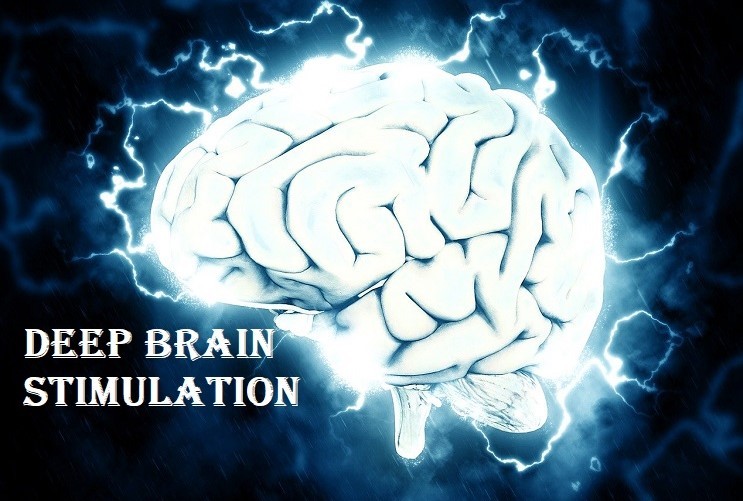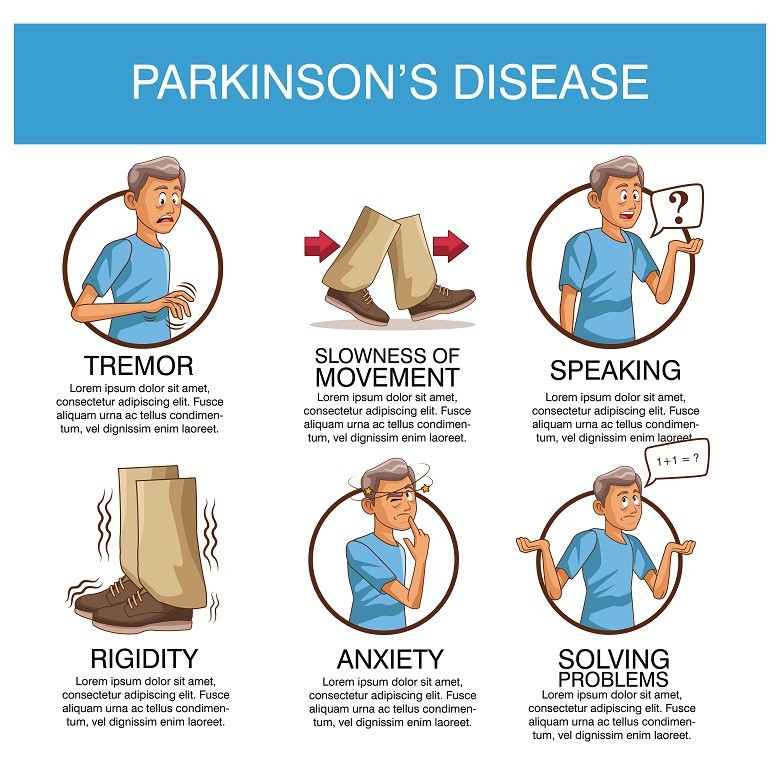Cloud Computing: Transforming the World in Futuristic Way

Cloud computing is the on-demand availability of computer system resources, especially data storage (cloud storage) and computing power, without direct active management by the user.
Artificial Intelligence: A Game Changer in Healthcare World
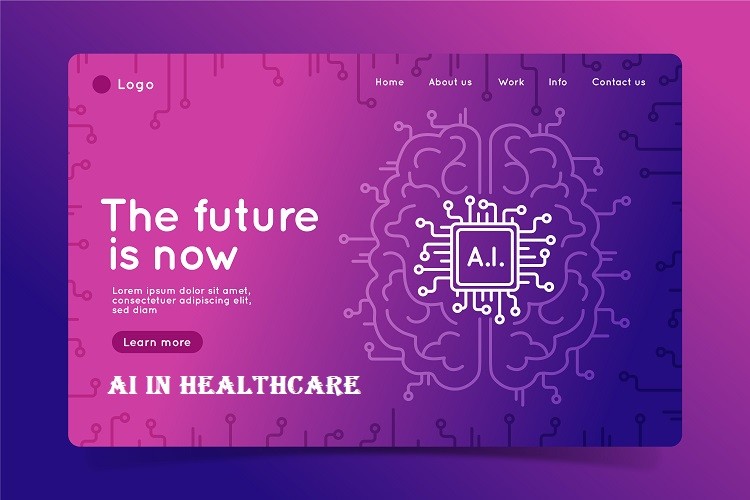
Artificial intelligence in healthcare is the use of complex algorithms and software in other words artificial intelligence (AI) to emulate human cognition in the analysis, interpretation, and comprehension of complicated medical and healthcare data. Specifically, AI is the ability of computer algorithms to approximate conclusions without direct human input.
Shape the Future of Healthcare with Internet of Things(IoT)
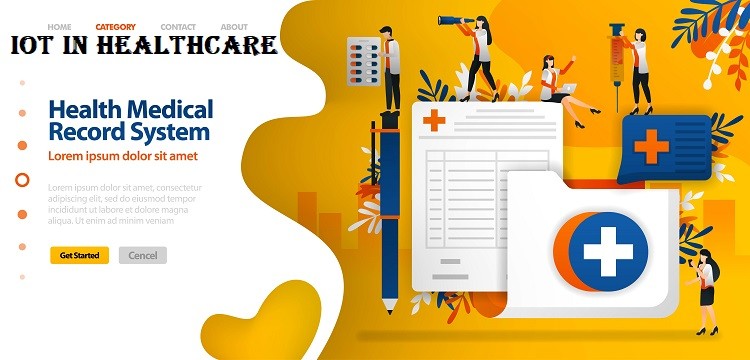
The Internet of Medical Things (IoMT) is an application of the IoT for medical and health related purposes, data collection and analysis for research, and monitoring. The IoMT has been referenced as "Smart Healthcare",[44] as the technology for creating a digitized healthcare system, connecting available medical resources and healthcare services.
Pharmacovigilance Plays a key Role in the Drug Safety
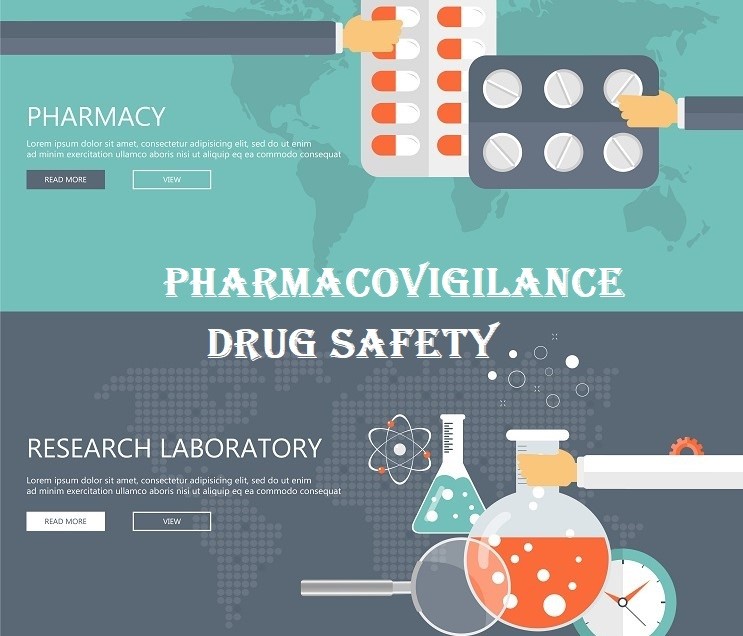
Pharmacovigilance - A New Era in Drug Safety World - Get Brochure of Research Study @ https://bit.ly/Pharmacovigilance-Drugs-Safety
Potential to Treat a Wide Range of Diseases-Stem Cells
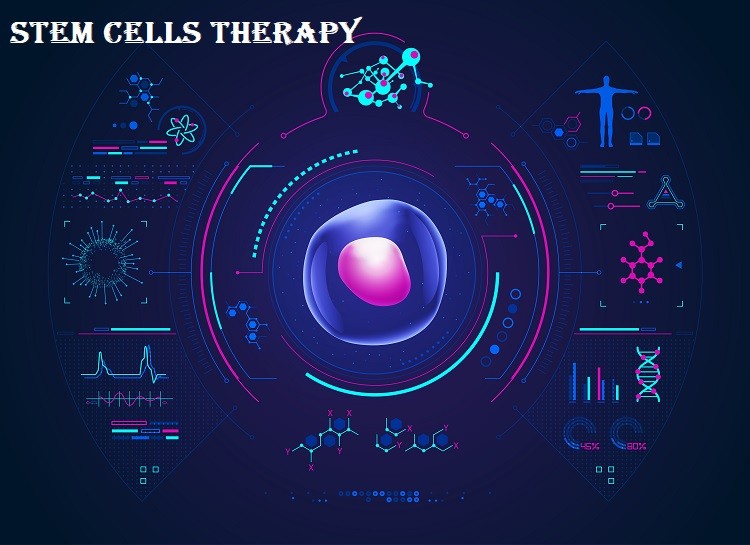
Stem cells have the potential to treat a wide range of diseases. Here, discover why these cells are such a powerful tool for treating disease—and what hurdles experts face before new therapies reach patients.
Robotics are Transforming the Healthcare World
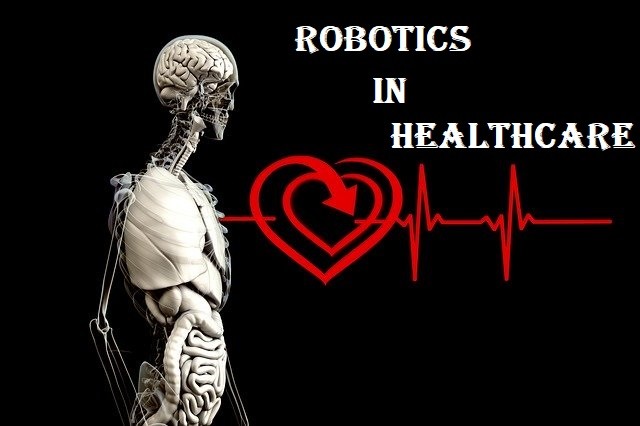
Rehabilitation robot is mechanically operated medical device which is designed to improve the movements in individuals with physical impaired functioning. The rehabilitation robots used as a substitute for lost limb movements caused by neurological or traumatic events.
Microbiology: Science of Microscopic Organisms

Industrial Microbiology refers to a branch of applied microbiology that attributes to the microorganism screenings for the production of pharmaceuticals, food and beverage, personal care products and other applications.
Pharmacovigilance & Healthcare Revolution with Era of Internet of Things
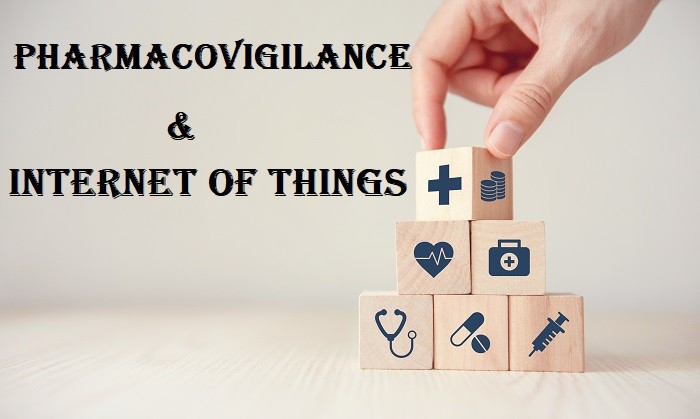
Pharmacovigilance (PV or PhV), also known as drug safety, is the pharmacological science relating to the collection, detection, assessment, monitoring, and prevention of adverse effects with pharmaceutical products.
